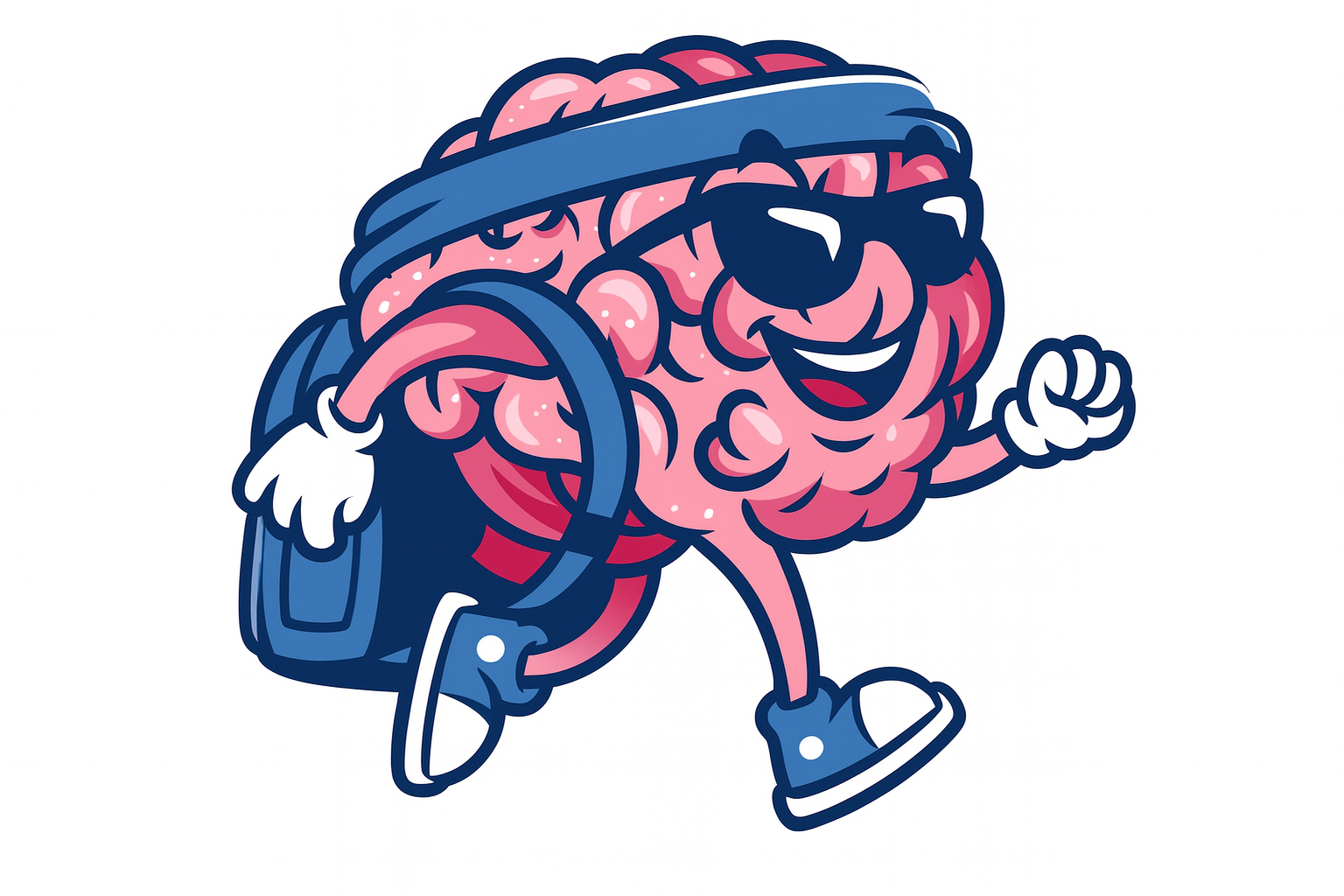Back-to-School, Back-to-Health: Protecting Kids’ Spines
08.05.2025
Back-to-School, Back-to-Health: Tips for Preventing Backpack-Related Back Pain

Spine Safety for Students – A Message from Carolina NeuroSurgery & Spine Associates
As students head back to the classroom, their backpacks are filling up—but so are their chances of back and neck strain if proper care isn’t taken. At Carolina NeuroSurgery & Spine Associates (CNSA), we know that spine health starts early. That’s why we’re sharing practical, easy-to-follow tips to help students carry the load—without the pain.
Why Backpack Safety Matters
Heavy, poorly worn backpacks can lead to:
- Poor posture and muscle fatigue
- Back, shoulder, and neck pain
- Long-term spinal misalignment
Even young students can develop habits that lead to issues down the road—so prevention is key!
✅ Backpack Safety Checklist
Here’s a quick CNSA-approved checklist for families to run through before the first day of school:
✔ Choose a lightweight backpack with wide, padded shoulder straps
✔ Use both straps—no one-shoulder slinging!
✔ Ensure the pack sits above the waist and snug against the back
✔ Keep weight to no more than 10-15% of the child’s body weight
✔ Pack heavier items closest to the spine
✔ Use all available compartments to distribute weight evenly
✔ Consider rolling backpacks if permitted and practical
Try This at Home: The “Backpack Weigh-In”
Step 1: Have your child step on the scale with and without their packed backpack.
Step 2: Subtract the two numbers.
Step 3: Divide the difference by your child’s weight and multiply by 100.
If the percentage is over 15%, it's time to lighten the load!
Ask Your Child:
Turn safety into a conversation! Try these questions:
- “How does your backpack feel after walking home?”
- “Do you ever feel sore or tired after carrying it all day?”
- “Can you show me how you put on your backpack?”
- “Would you like to decorate your backpack with safety reflectors or patches?”
When to See a Specialist:
If your child reports:
- Consistent back, neck, or shoulder pain
- Numbness or tingling in arms or hands
- Changes in posture or gait
…it may be time for a professional evaluation.
Our pediatric and spine experts at CNSA are here to help ensure your child’s growth stays on track—without pain.







Leave a Comment